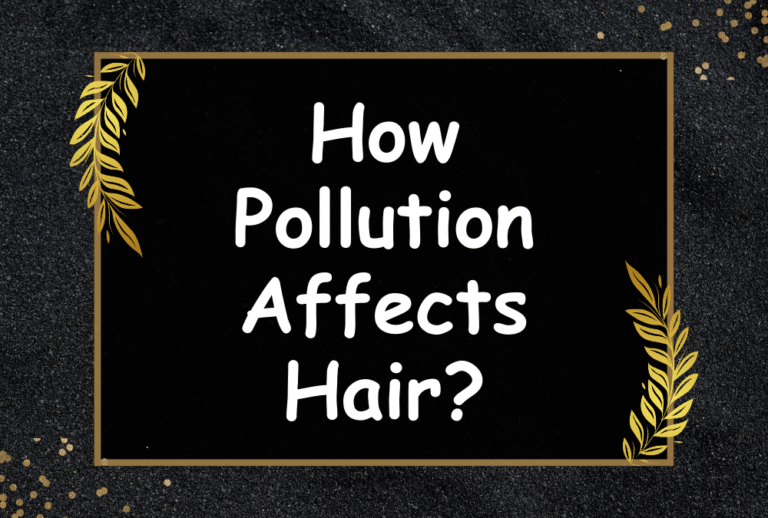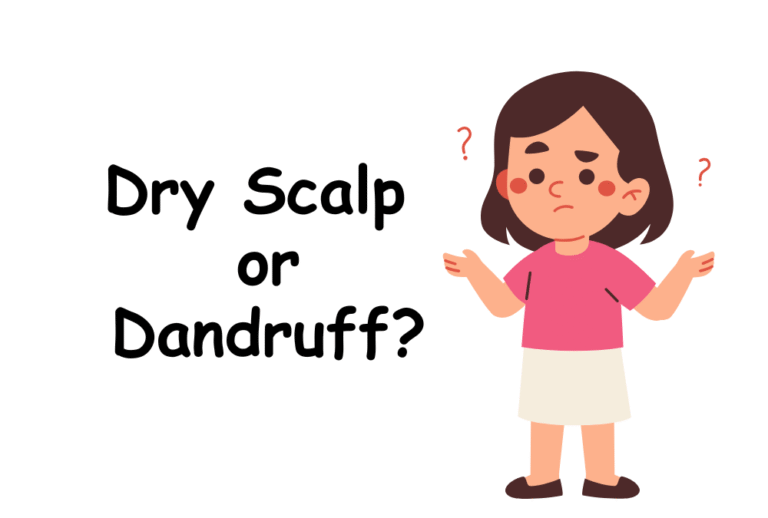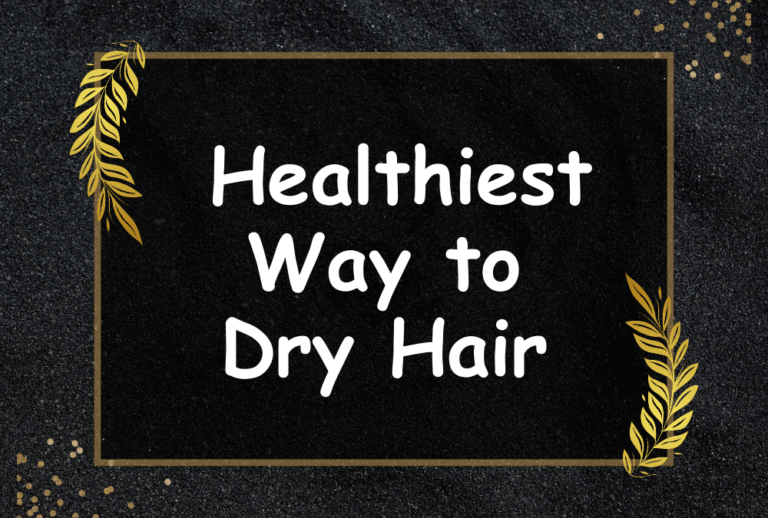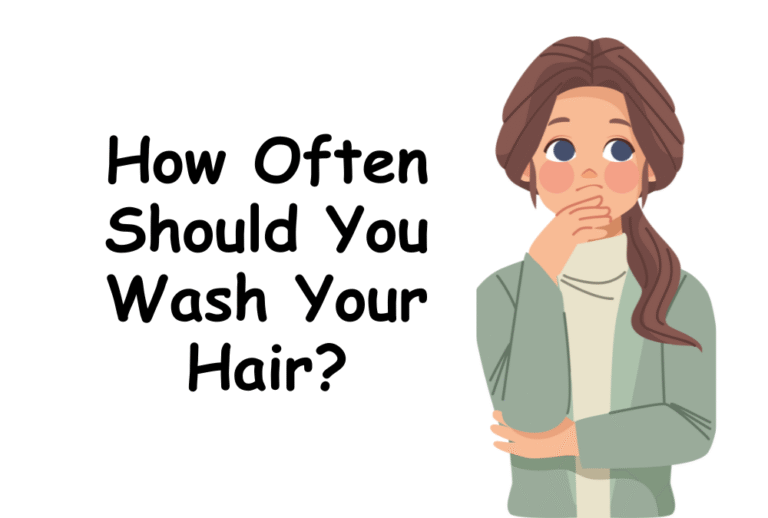Can Meditation Reduce Hair Fall [Complete Guide]
Hair fall is a common problem, and many people look for natural ways to control it. Stress is one of the big reasons behind hair loss, and this is where meditation can help.
Meditation calms the mind, lowers stress, and improves blood flow in the body. When stress levels go down, hair health can get better too. While meditation may not stop hair fall completely, it can support healthy growth when combined with good care, diet, and lifestyle.
In this article, we’ll look at how meditation works, its link to hair health, and simple techniques you can try at home.
Understanding Hair Fall in Everyday Life
Hair fall is more than just losing strands. It is about an imbalance in the natural cycle of growth and shedding. Normally, each hair follicle goes through stages: growth, rest, and fall. When stress, poor health, or hormonal changes disrupt this cycle, more hair enters the falling phase than the growing one.
Some people experience temporary shedding after major life changes such as childbirth, exams, or illness. Others face long-term thinning linked to medical conditions like thyroid problems or genetic factors. Hair fall may also be a result of nutritional gaps, harsh hair treatments, or even lack of proper sleep.
While we often look for surface-level solutions, the deeper triggers like stress and anxiety cannot be ignored. If the mind is constantly tense, the body reacts, and hair follicles are among the first to suffer.
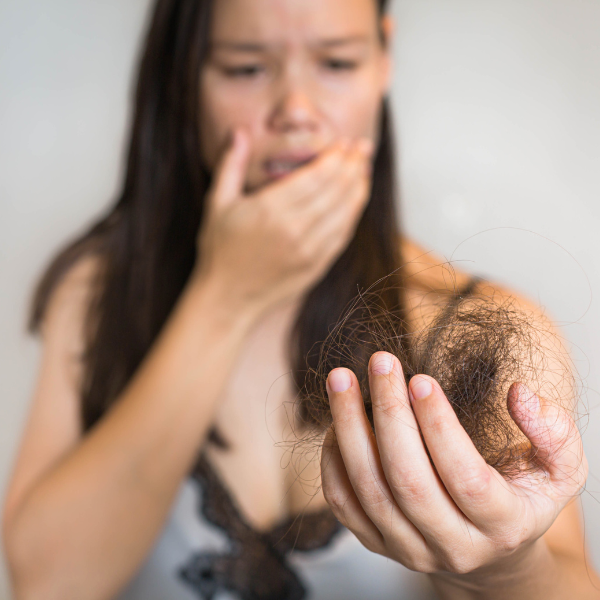
The Hidden Link Between Stress and Hair
When stress hits, your body produces more cortisol, the hormone that prepares you to face challenges. This is useful in emergencies but harmful when levels stay high for too long. Constant stress can disrupt hormones, weaken immunity, and reduce blood flow to the scalp. Over time, this makes hair weaker and more likely to fall out.
There are even medical terms for stress-related hair issues. Telogen effluvium is a sudden shedding of hair often triggered by emotional or physical stress. Trichotillomania is a condition where people pull out their own hair as a way to cope with anxiety. Alopecia areata is another form where the immune system attacks hair roots, often triggered by deep stress.
This shows that the mind and hair are connected in more ways than one. If stress can push hair to fall, then reducing stress might help the scalp recover. That’s where meditation becomes important.
Read More: Picture Day Hairstyles For Kids, Softball Hairstyles for Kids
What Meditation Really Means
When people hear the word meditation, they sometimes imagine monks sitting silently for hours. But meditation is not about becoming thoughtless or doing something complicated. At its core, it is simply the practice of focusing the mind and slowing down racing thoughts.
Meditation can be done in many ways. Some people sit quietly and focus on their breath. Others repeat a calming word or sound, known as a mantra. Guided meditations, where a teacher or recording leads you step by step, are very popular among beginners. There is also yoga nidra, a deep relaxation method often practiced lying down.
The beauty of meditation is that it doesn’t need equipment, money, or even much time. Five minutes of mindful breathing in the morning can already shift your mood. Over time, it can change the way your body handles stress and may bring benefits for your hair.
How Meditation Can Help with Hair Fall
Meditation directly helps by calming the stress response. When you sit quietly and breathe deeply, your body starts to lower cortisol levels. The heart rate slows, muscles relax, and the mind feels lighter. This signals the body that it’s safe, which allows natural repair processes to happen, including those that support hair growth.
Better stress control also means better sleep. Many people with hair loss report poor sleeping patterns. The body repairs itself during deep sleep, and if that is cut short, the hair cycle suffers. Meditation, especially before bed, can quiet the mind and improve sleep quality, giving hair a chance to recover.

Another way meditation helps is by improving blood circulation. When breathing slows and deepens, oxygen flows more effectively through the body. This means more nutrients reach the scalp, feeding the follicles and strengthening strands.
Hormonal balance is another important factor. Stress hormones can disrupt estrogen, testosterone, and thyroid functions, all of which affect hair. By calming the nervous system, meditation helps bring these hormones into a healthier rhythm.
Lastly, meditation often brings lifestyle changes. People who practice regularly become more mindful about what they eat, how they rest, and how they treat their bodies. This ripple effect creates a healthier environment for hair to thrive.
Scientific Support and Real-Life Stories
Science has started paying more attention to meditation in recent years. Research shows that regular mindfulness practice reduces stress, lowers anxiety, and even decreases physical symptoms of tension. While not every study measures hair fall directly, the connection between stress and hair health makes these results meaningful.
A 2017 study found that people who practiced mindfulness meditation had lower levels of cortisol after a few weeks. Since high cortisol is linked to shedding, the benefit is clear. Another study highlighted improved sleep patterns in people who meditated regularly, again supporting healthy hair cycles.
Beyond studies, many people share personal stories online. Some say that meditation stopped their stress-related shedding, while others found that yoga and deep breathing gave them stronger, shinier hair. While results vary, these stories show that the mind can play a role in hair wellness.
How to Start a Simple Meditation Routine
Starting meditation for hair fall does not have to be complicated. Find a quiet space, sit comfortably, and close your eyes. Begin by focusing on your breath. Inhale slowly through the nose, hold for a second, then exhale through the mouth. If your mind wanders, gently bring it back to your breath.
You don’t need to sit for an hour. Even five minutes can make a difference when practiced daily. With time, you may increase to fifteen or twenty minutes. Guided audios or meditation apps are also useful for beginners who feel distracted.
If sitting still feels hard, try mindful walking. Simply pay attention to each step and your breathing. Yoga and pranayama breathing exercises are also forms of meditation that help calm the body while keeping it active.
The key is consistency. Meditation works like exercise; results come slowly but steadily.
Supporting Hair Health Beyond Meditation
Meditation alone is not a magic cure. It works best when paired with healthy habits. Nutrition plays a big role. Hair is made of protein, so eating enough eggs, beans, nuts, and fish helps. Iron, zinc, and vitamins like B12 and D are also important for growth.
Regular scalp massage with gentle oils can improve circulation and reduce tension. Avoid overusing heat styling tools and harsh chemicals that weaken hair strands. Stay hydrated, as even mild dehydration can affect hair strength.
Sleep is another hidden factor. Take at least seven hours of rest. A relaxed body and calm mind give your hair the best chance to grow strong.
Clearing Up Myths About Meditation and Hair
Some people expect miracles and feel disappointed. Meditation is not an instant fix for bald patches. It does not directly make hair sprout overnight. What it does is create the right conditions for your body to repair and recover naturally.
Another myth is that meditation must be long and difficult. In truth, short and simple practices can already reduce stress. Even pausing for a few deep breaths during a busy day is a form of meditation.
It is also important to remember that meditation is not a replacement for medical treatment. If hair loss is caused by conditions like thyroid disease or severe alopecia, professional help is needed. Meditation can support, but not replace, medical care.

Affirmations for Stress and Hair Growth
Words have quiet power. When you repeat positive affirmations during meditation, you train your mind to relax and focus on healing. Calmer thoughts reduce stress, which indirectly helps your hair stay strong and healthy. You don’t need to force anything, just sit quietly, breathe deeply, and let these words flow through you. You can whisper them aloud or repeat them silently in your mind.
Some affirmations you can try are:
- “I release stress with every breath.”
- “My hair roots are strong, my scalp is calm.”
- “I choose peace and let go of worry.”
- “My body is balanced, and my hair is healthy.”
- “I am calm, centered, and at ease.”
Repeating these daily, even for a few minutes, can help shift your mindset. Over time, you may notice less tension in your body and more confidence in your natural growth journey.
Quick Meditation Challenges
Sometimes it’s easier to stay consistent when you give yourself a little challenge. These mini meditation practices are simple, beginner-friendly, and easy to fit into your day. You don’t need a fancy setup, just a quiet space and a few minutes of focus.
7-Day Stress Relief Challenge
For one week, spend five minutes each day focusing only on your breath. Inhale deeply, exhale slowly, and whenever your mind wanders, gently bring it back. Notice how light and clear your head feels afterward.
21-Day Calm Mind Practice
If you want to build a stronger habit, try this three-week routine. Start with three minutes of meditation in the first week, increase to ten minutes in the second week, and reach fifteen minutes by the third week. This steady growth helps your mind and body adjust without pressure.
Challenges like these not only reduce stress but also create a supportive rhythm that your hair and your overall health, can benefit from.
Frequently Asked Questions
Can meditation regrow hair that is already lost?
Not directly. But it may stop further shedding by reducing stress, which helps protect the hair you still have.
How long before I see results?
Some people feel calmer within days. Visible changes in hair may take months, since the growth cycle is slow.
Can I meditate at night before bed?
Yes, nighttime meditation helps improve sleep, which is good for both body and hair health.
Do I need special training for meditation?
No, anyone can start with simple breathing exercises. With practice, you may choose deeper methods like yoga or guided sessions.
Hair fall can feel discouraging, but it is not always about genetics or products. Stress is a silent player, and calming the mind can make a real difference. Meditation offers a free, natural way to bring peace not only to the mind but also to the body.
It may not be an instant cure, but with patience, it helps create a healthy foundation for hair to grow. Pair meditation with good nutrition, gentle care, and enough sleep, and you may notice steady improvements.
If you are struggling with hair fall, try adding a few minutes of meditation to your day. Your mind will feel lighter, your sleep may improve, and your hair might thank you over time.
Have you ever tried meditation for stress or hair fall? Share your story in the comments. Your experience might help someone else going through the same journey. And if you found this article helpful, pass it along to friends or family who could benefit.
Read More: Hairstyles for Softball Players, Braided Hairstyles for Kids


